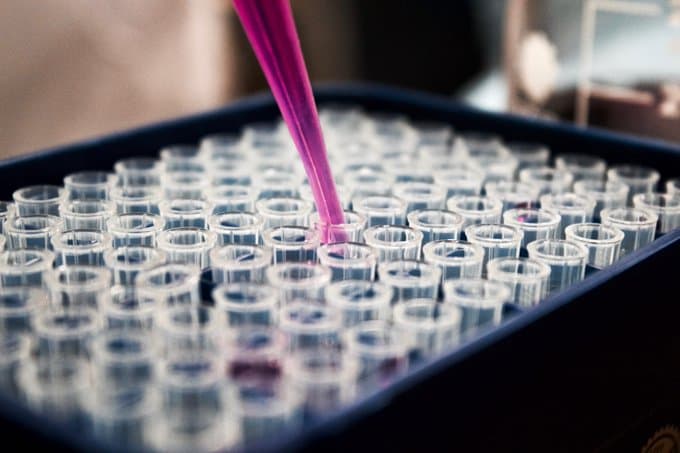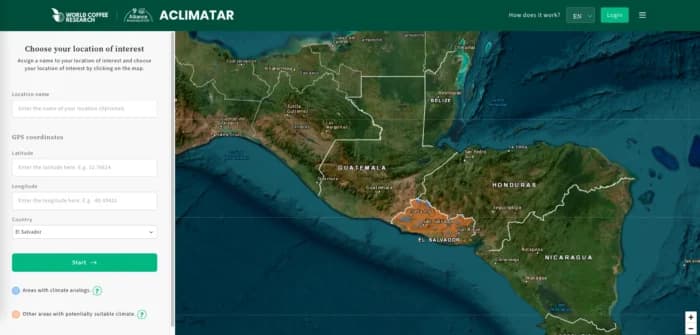The Korea Research Institute of Standards and Sciences (KRISS) has introduced the world’s inaugural certified reference material (CRM) for coffee beans. This groundbreaking development enables precise measurement of five nutritional components (calcium, magnesium, iron, zinc, and copper) and three detrimental elements (lead, mercury, and cadmium) within the dehydrated fruit.
The Inorganic Metrology Group at KRISS initiated the project by freeze-drying a batch of raw coffee beans, then grinding and blending them to create a uniform sample, which was further sterilized through irradiation.
Adhering to domestic Korean regulations, roasted coffee, instant coffee, and other coffee products are required to have a total lead content of 2 mg/kg or less. Meanwhile, European standards stipulate that dried edible coffee beans should contain 0.05 mg/kg or less of cadmium, with lead content restricted to 1 mg/kg or less.
Utilizing isotope dilution mass spectrometry for measurement, the new CRM boasts an accuracy level more than three times superior to conventional methods employed by food testing institutions. Dr. Kyoung Seok Lee, the Director of the Division of Chemical and Biological Metrology, anticipates that the CRM could substantially elevate the quality control standards for coffee—a widely consumed and heavily imported beverage.
KRISS aims to extend its CRM development to other food items, including Korean cabbage, blueberries, and pork, contributing to the creation of healthier and safer dining options for the nation.
In South Korea, the per capita coffee consumption of the adult population is 2.7 times higher than the global average. Coffee imports (raw and roasted beans) reached a record high of 200,000 tons in 2022.

